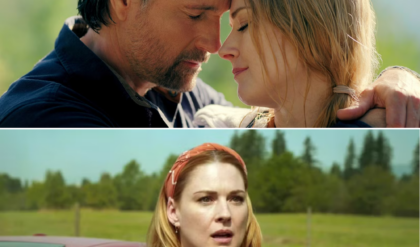
Showrunner Jac Schaeffer has now elaborated in an interview with Empire Magazine that this humanization and growth were never intended to make Agatha a hero by the end. Despite being the eponymous protagonist of Agatha All Along, Agatha was consistently portrayed as self-serving and dispassionate about the welfare of her coven. Despite this culminating in what might have seemed like a new leaf, ultimately submitting to Death so that Billy would be spared, Schaeffer is adamant that this does not make Agatha a good person after all, stating:
“We knew from the very beginning that Agatha would end as a ghost. She’s a terrific ghost. It felt very correct to do that. I do think we witness change in this woman, but she’s not a good guy at the end of the show, and I don’t think she ever will be.”
What The Agatha All Along Showrunner’s Ending Explanation Means
Agatha’s Humanization Wasn’t Enough To Undo Centuries Of Villainy
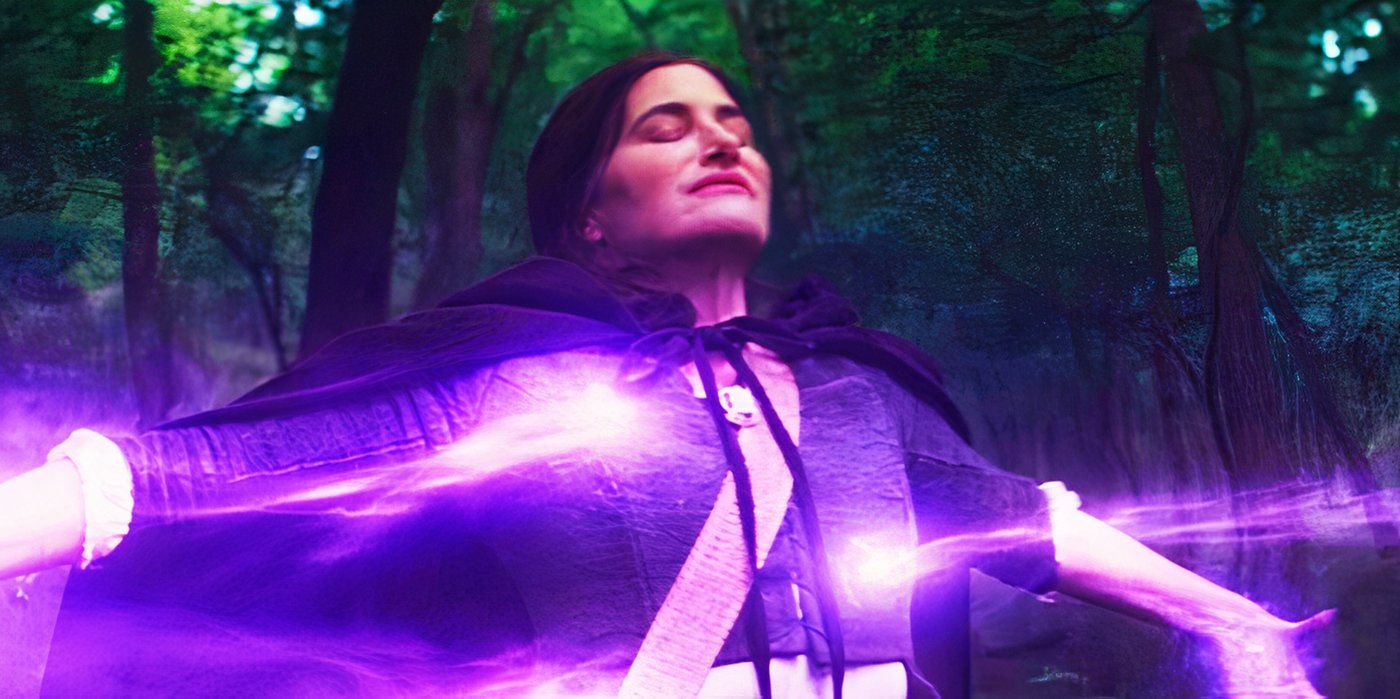
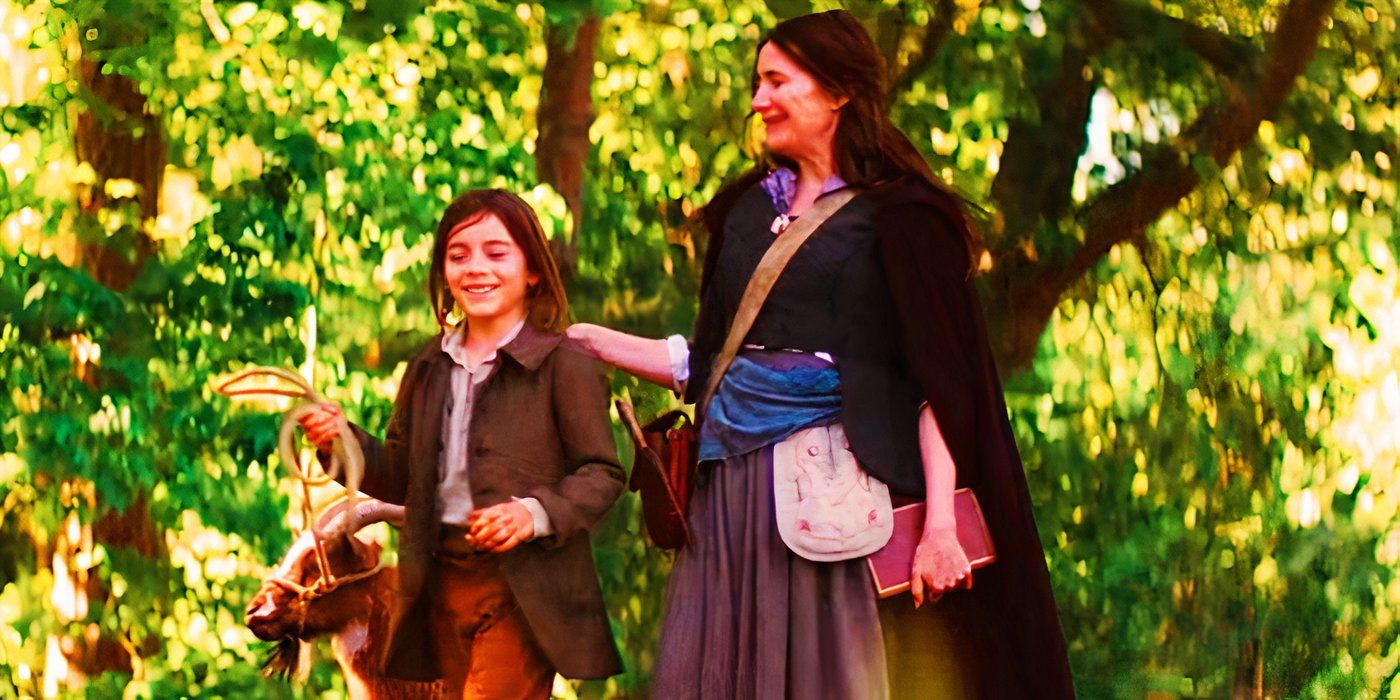
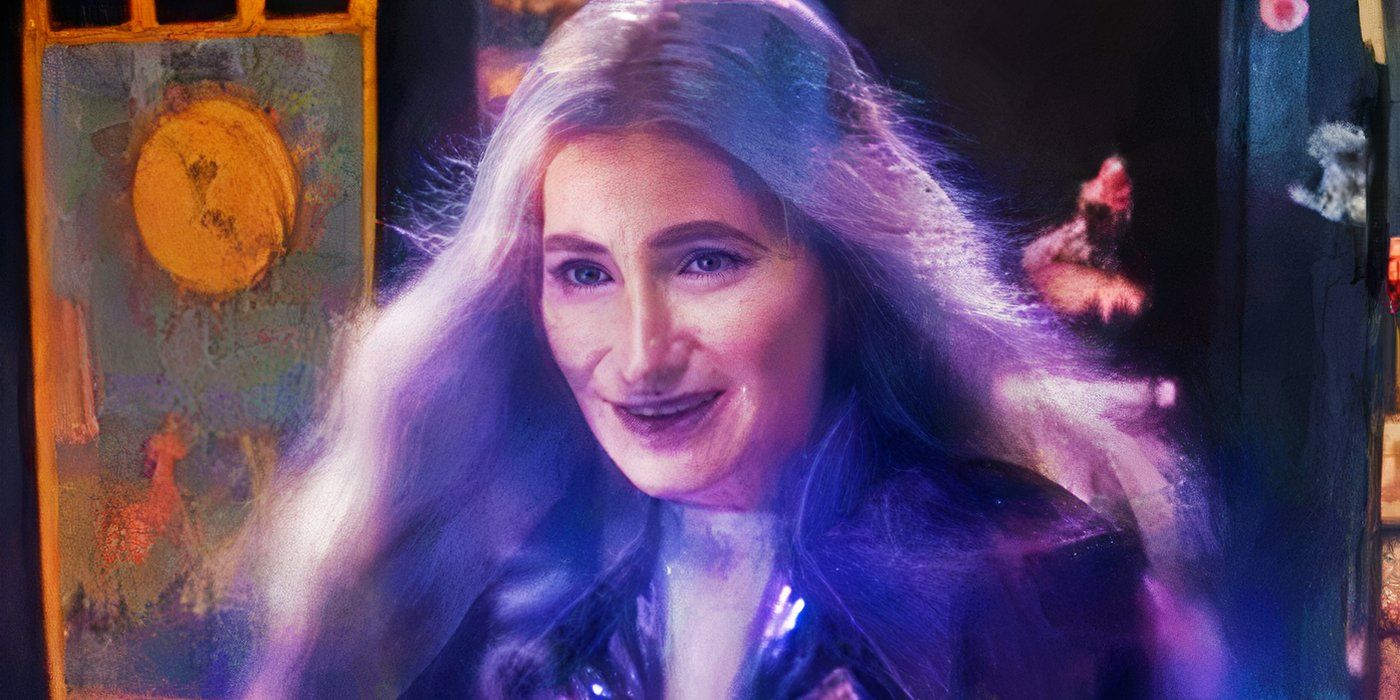
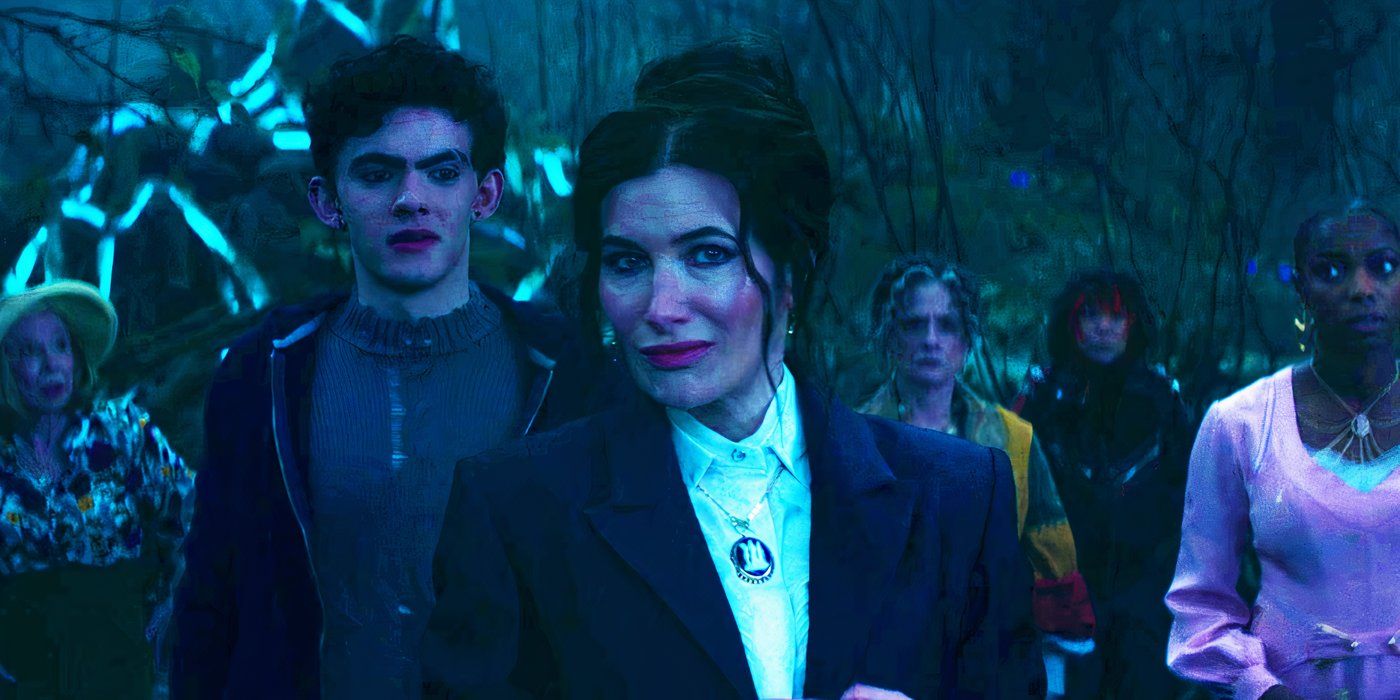
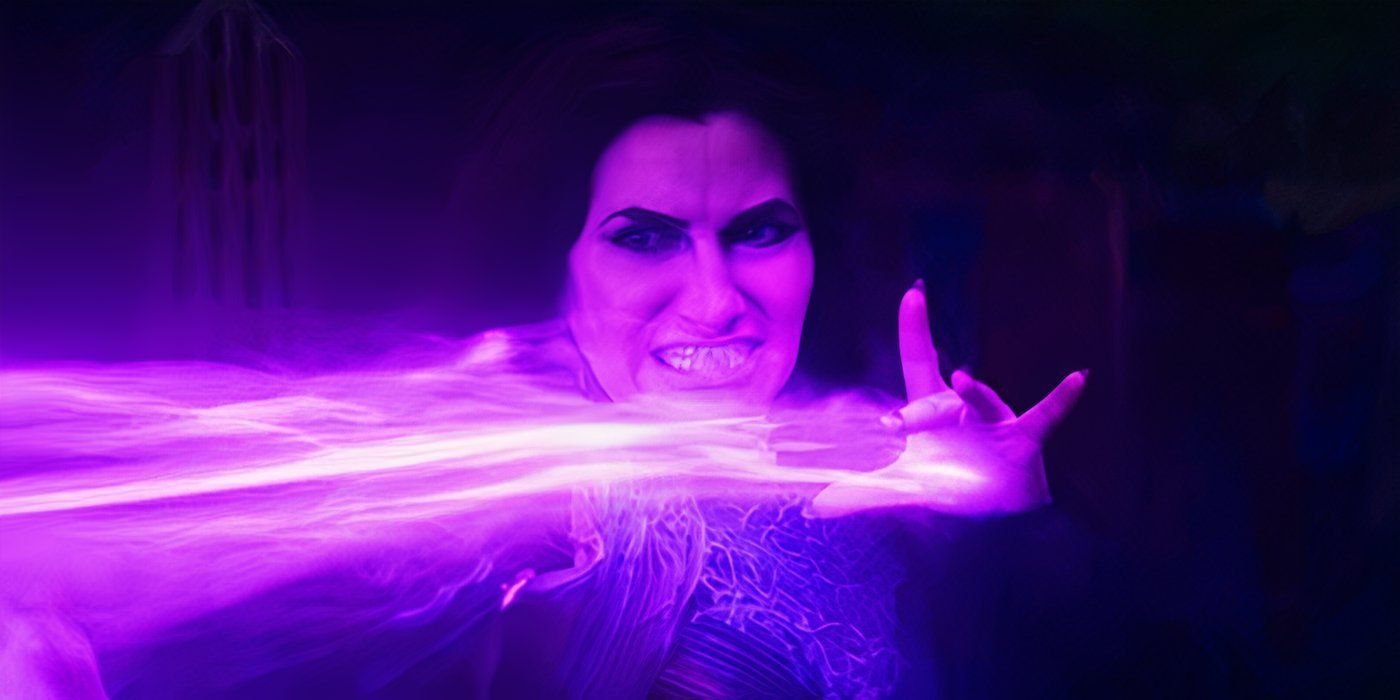





Agatha exemplifies what makes Agatha All Along so compelling by being so morally inexplicable. Unlike most other “anti-heroes,” Agatha routinely acts selfishly and without regard for the safety of innocents, a trait she maintains until the show’s finale, as she initially seems happy to accept Billy’s sacrifice to avert Death once more. While the mention of her son, Nicholas Scratch, ultimately convinces Agatha to make the sacrifice herself, Schaeffer’s clarification suggests this wasn’t sufficient to undo centuries of villainy. This stands to reason, as her humanizing flashback sequence is still rife with the murder of innocents.
Agatha Harkness only recently turned to villainy in Marvel Comics, having been first introduced as a more neutral mentor character.
Agatha All Along‘s final shots showed her teaming up with Billy Maximoff, who, unlike Agatha, is wracked with guilt about the deaths on the Witches’ Road he inadvertently caused. If Agatha hasn’t turned over a new leaf, then this should make for a particularly interesting dynamic when Agatha and Billy Maximoff next appear in the MCU. Billy stated that he was “not that nice” when his powers were first revealed, suggesting that he might be a morally gray superhero who may be more easily swayed by Agatha’s villainous influence.
Our Take On The Agatha All Along Showrunner’s Ending Explanation
A Villainous Agatha Will Remain One Of The Most Entertaining Supporting Characters In The MCU
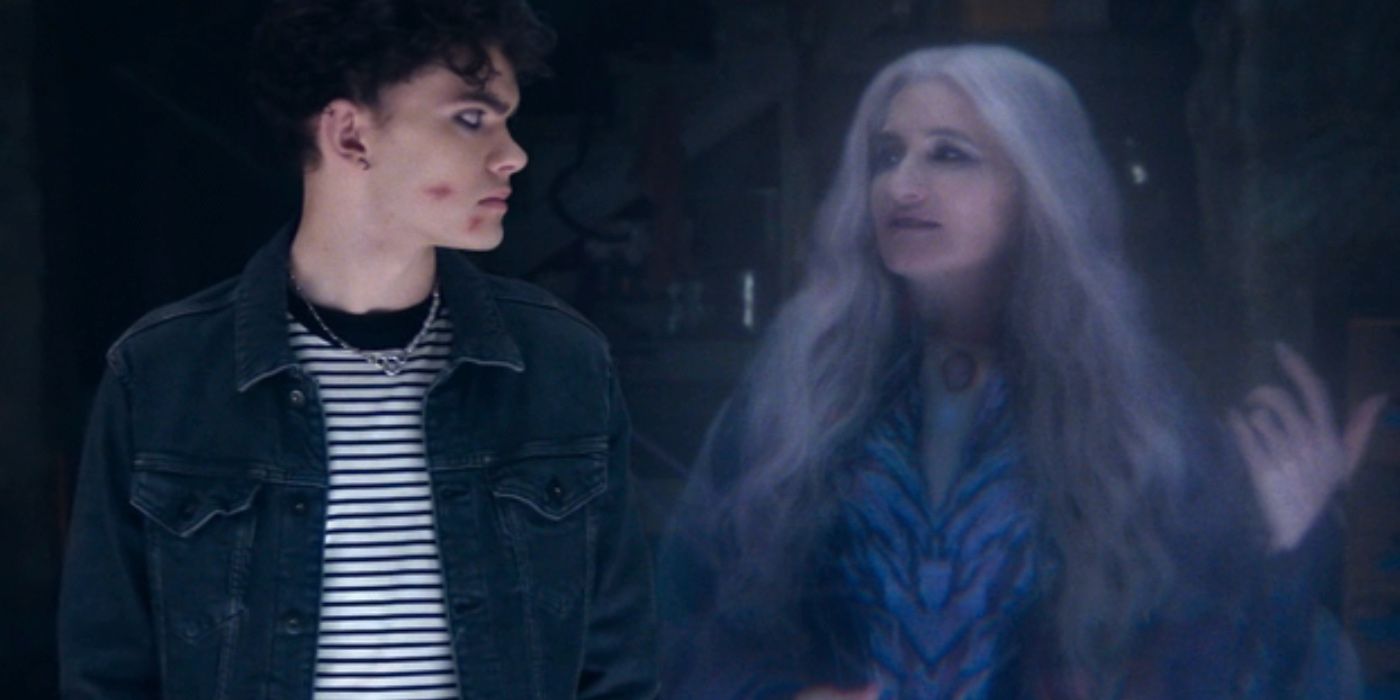
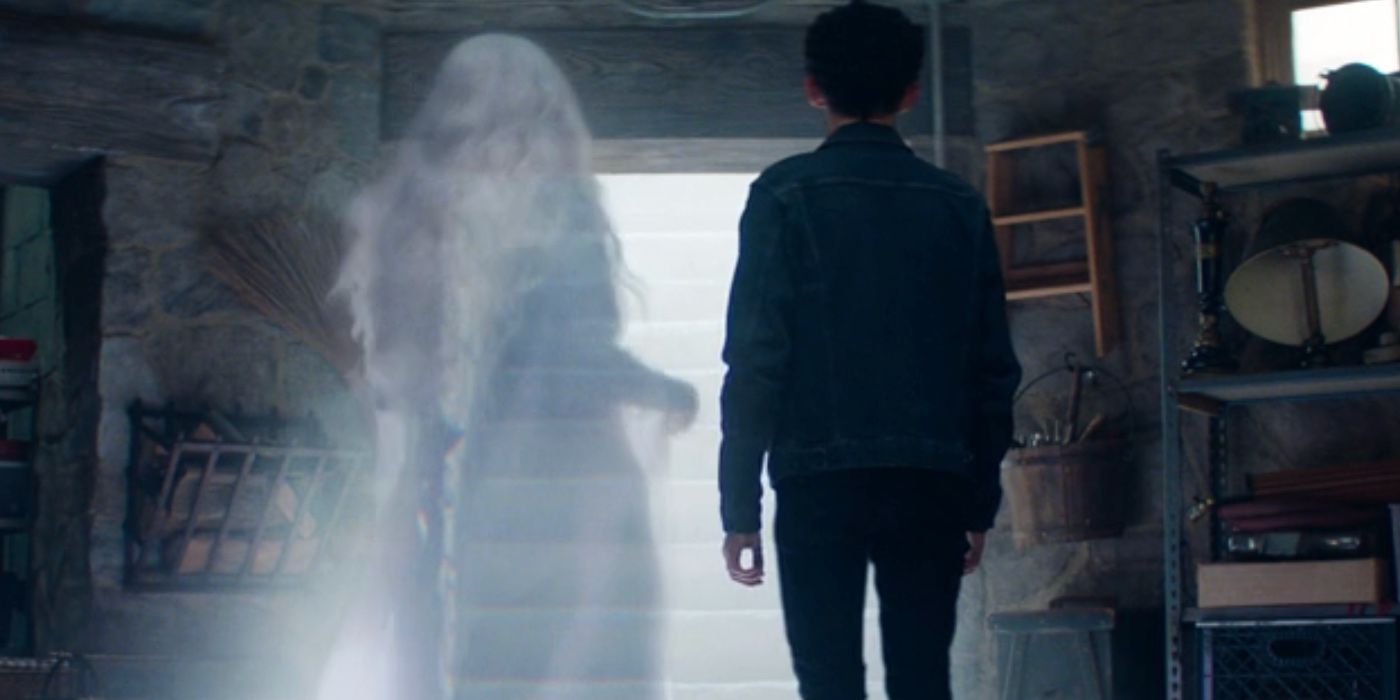
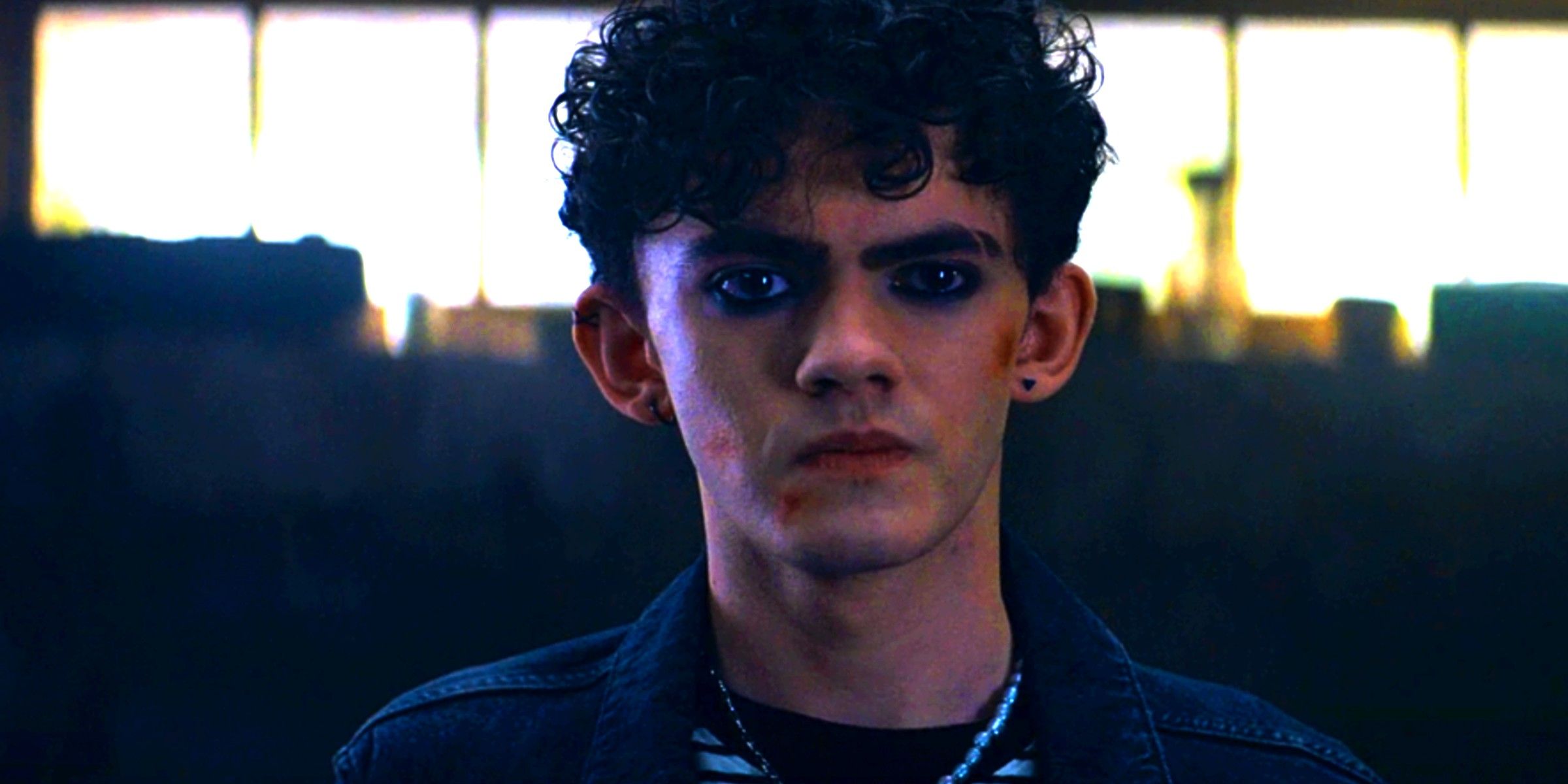
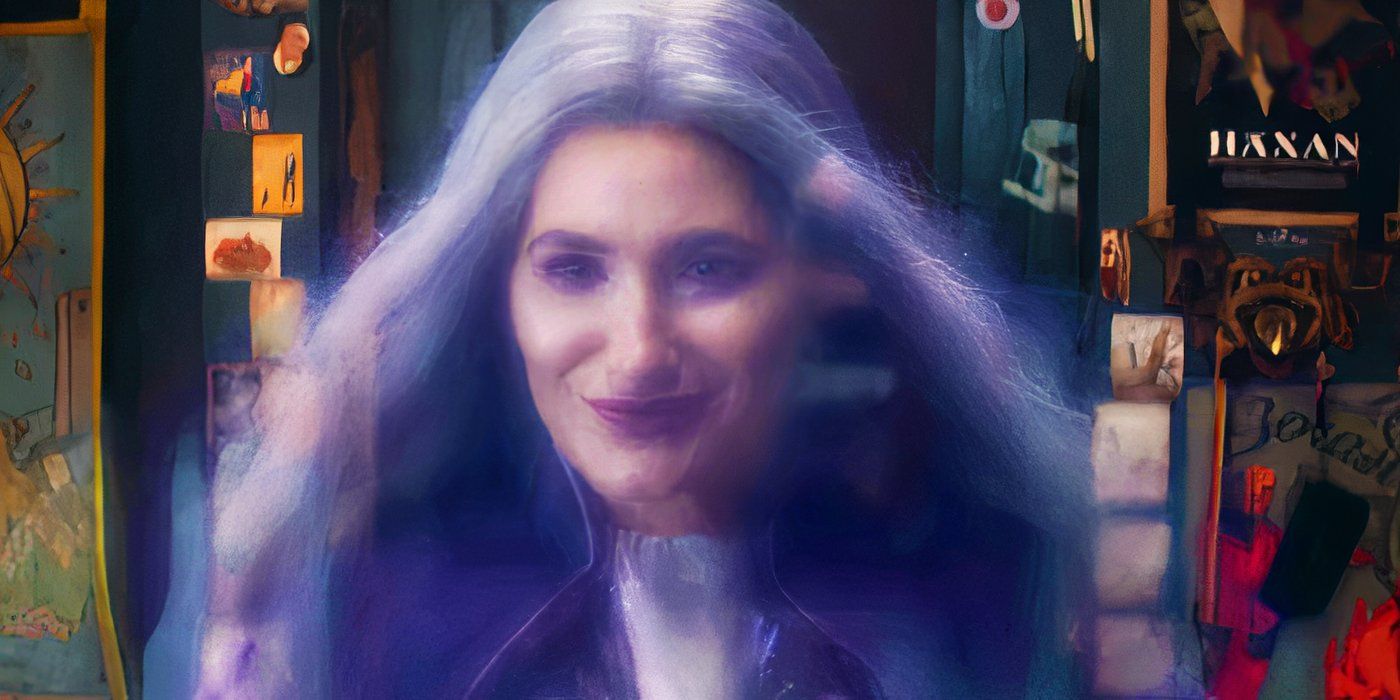
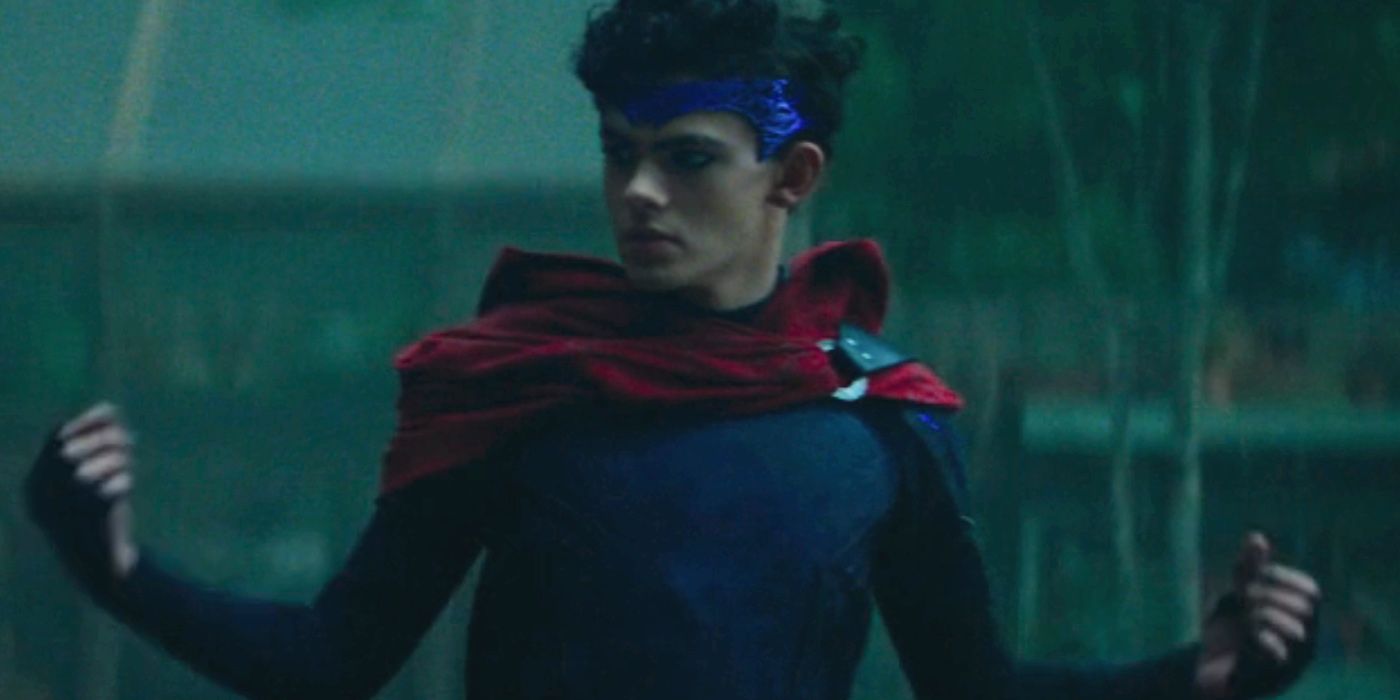





I’m happy that those involved with Agatha All Along refused to let Agatha renounce her villainy. Episode 9 helped us to understand Agatha on a deeper level but refused to whitewash her characterization, and that is ultimately what makes her such a compelling character. Assuming Agatha is incapable of draining life force as a ghost, she is now largely harmless, meaning she would be an exceptionally entertaining addition to the heroes’ side in a future MCU installment, knowing that she won’t threaten fan-favorite heroes.

